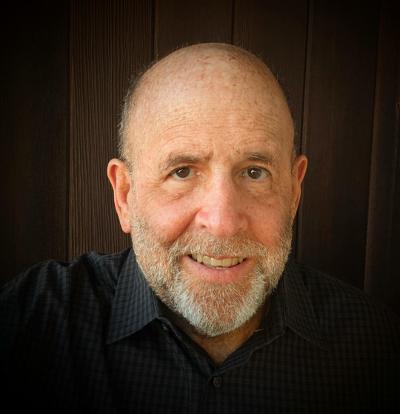Andrew Malekoff
There are adults living in the United States that believe there is a movement afoot in public education to teach young people a slanted version of American history, in order to weaken patriotism by evoking shame and guilt.
The impulse to sanitize or downplay history is not uniquely American.
For a half century following World War II, government leaders in France downplayed a horrifying chapter in their history. On July 16 and 17, 1942, two years after Paris fell to Nazi German forces, French police arrested more than 13,000 Jewish people living in Paris, including 4,115 children, at the behest of German authorities and with the eager complicity of the French Vichy government.
Thousands of French police were divided into small arresting teams charged with seizing Jews from their Paris homes. Using address data compiled by the Vichy regime, police pounded on apartment doors and ordered occupants out.
Distraught mothers pleaded with French police to leave their children behind; to no avail. An unknown number of Jews escaped.
Dozens of public transport drivers were parked outside, waiting in buses to deliver 7,000 Jewish detainees to the Velodrome d’Hiver, a sports complex best known for its six-day bicycle races.
Parisians affectionately referred to the arena, located just blocks from the Eiffel Tower, as the Vel’ d’Hiv. The remaining 6,000 were transported directly to Drancy and other transit camps in the northeastern suburbs of France.
At the Vel’ d’Hiv, water and food were in scarce supply and hygienic conditions were dreadful. Access to lavatories was blocked by French police. Human waste accumulated everywhere.
Disease was widespread among the children. Hundreds fell ill to diphtheria, scarlet fever and measles. Little medical support was available, with only perfunctory care by Red Cross workers. Those who tried to escape were shot instantly.
So unbearable were the living conditions that some leapt to their deaths from atop the bleachers.
Over the course of a two-month period, all of the 7,000 Vel’ d’Hiv detainees were shuttled to transit camps. Men were separated from women. Infants and young children were taken from their mothers.
They were then deported in sealed railway wagons to Auschwitz-Birkenau and Sobibor, the killing centers in German-occupied Poland that would be their final destination.
For decades after WWII Vel’ d’Hiv was swept under the rug by leadership in the French government.
On the 53rd anniversary of the roundup in 1995, French President Jacques Chirac broke the conspiracy of silence by apologizing and exhorting the French to confront their wartime past.
In all, more than 77,000 Jews living in France were deported to Nazi concentration camps where 72,500 were murdered.
Although French students are now taught about the 1942 roundup in school, antisemitism continues to be fueled by Holocaust-denial theories promoted on social media.
French far-right leader Marine Le Pen, who denies that France was responsible for the Vel d’Hiv roundup, said that she wants French citizens “to be proud to be French again,” adding that this will not occur if they learn only the darkest facets of French history.
Teaching students about the Vel’ d’Hiv roundup does not mean labeling all French as Nazi collaborators. For example, many farmers and townspeople in France made heroic efforts to hide Jewish children and lead them on to safety in other countries, at great risk to their own lives.
To get a more in-depth feel for the roundup, I recommend the 2006 novel “Sarah’s Key” by Tatiana de Rosnay. It is a fictional but historically accurate representation of the events surrounding the Vel’ d’Hiv roundup, which will mark its 80th anniversary on July 16, 2022.
In 2016, French President Emmanuel Macron commemorated the 75th anniversary of the Vel’ d’Hiv roundup with an impassioned address in Paris.
He said, in part, “By acknowledging its faults, France has opened the way to repairing them. That is to its honor. That is the sign of a strong nation that can face its past. That is the courage of a people not afraid to examine its conscience and reach out to the victims and their children. Reaching out and reforming ties does not mean humiliating ourselves. It is standing tall and being strong.”
Never forget, only a strong nation can face its past.



